| Thursday, November 14, 2019 | |
Building a Circular Economy in the Electronics Manufacturing Industry |
|
| Chair |
Emir Demircan, Director Advocacy and Public Policy, SEMI

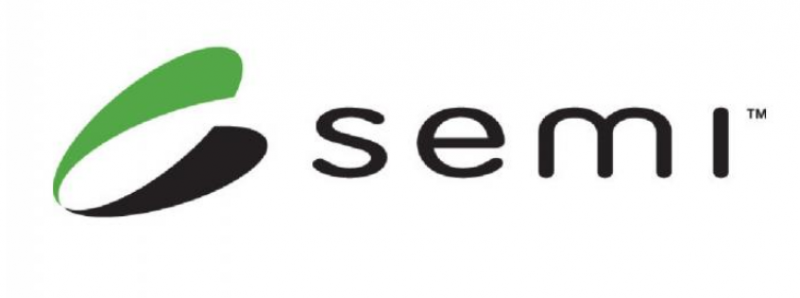 Biography |
| 10:00 | Welcome |
| Emir Demircan, SEMI Europe | |
| 10:05 | Building a circular economy in the electronic manufacturing industry: the perspective of a material solution supplier. |
Carl Quaeyhaegens Carl Quaeyhaegens, Program Director, Umicore Building a circular economy in the electronic manufacturing industry: the perspective of a material solution supplier.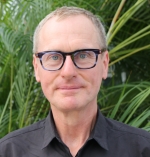
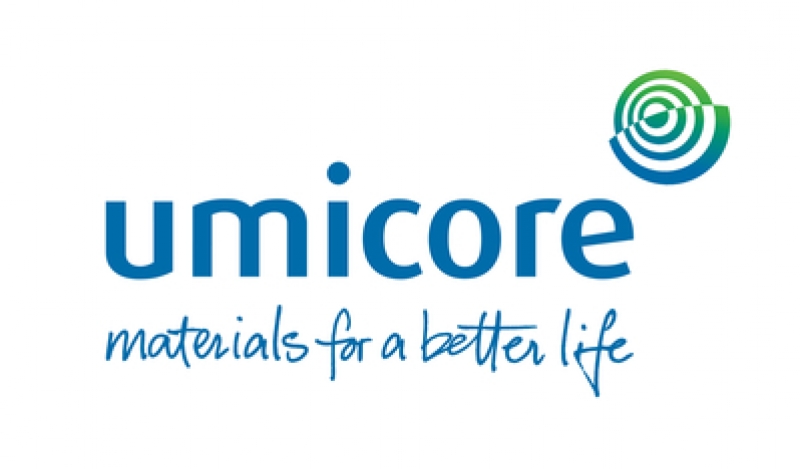 Abstract Biography |
|
| 10:25 | “Transitioning to a circular economy in the Sub Fab supporting EUVL” |
Tony Key, Business Line Manager, Edwards “Transitioning to a circular economy in the Sub Fab supporting EUVL”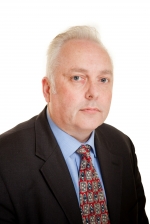
 Abstract Biography |
|
| 10:45 | Topic tba |
| Dr. Jörg Winter, DAS Environmental Expert | |
| 11:05 | A Circular Economy for Smartphones |
Karsten Schischke, Fraunhofer IZM A Circular Economy for Smartphones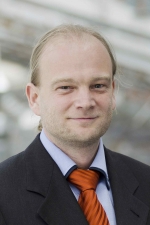
 Abstract Biography |
|
| 11:25 | Topic TBA |
| European Commission (TBC) | |
| 11:50 | Closure |
| Emir Demircan, SEMI Europe | |